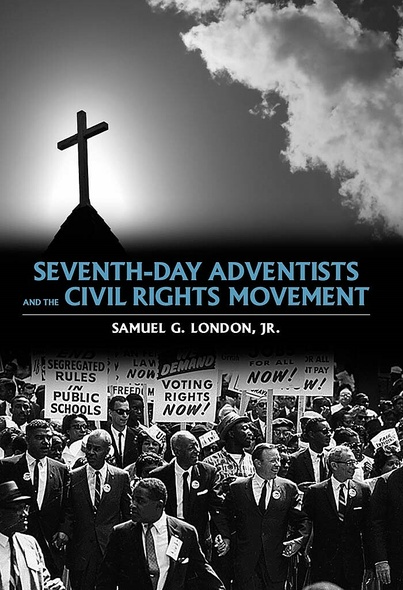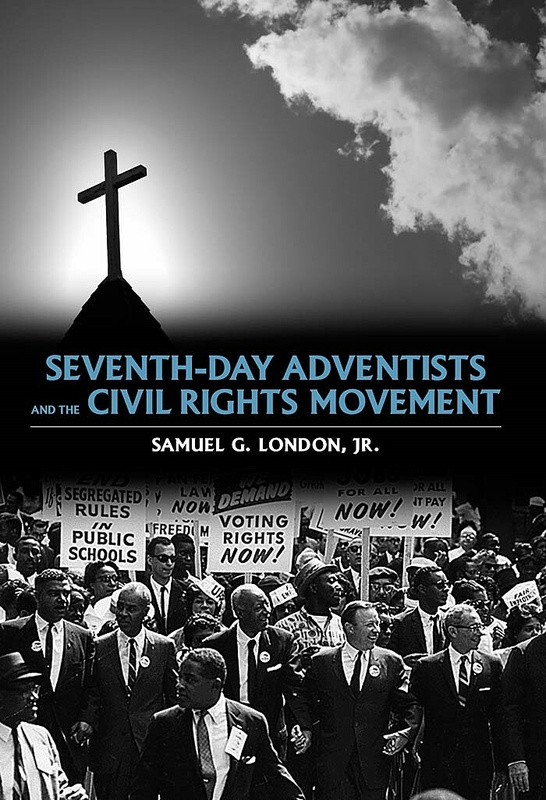
Seventh-day Adventists and the Civil Rights Movement
Seventh-day Adventists and the Civil Rights Movement is the first in-depth study of the denomination’s participation in civil rights politics. It considers the extent to which the denomination’s theology influenced how its members responded. This book explores why a brave few Adventists became social and political activists, and why a majority of the faithful eschewed the movement.
Samuel G. London, Jr., provides a clear, yet critical understanding of the history and theology of the Seventh-day Adventist Church while highlighting the contributions of its members to political reform. Community awareness, the example of early Adventist pioneers, liberationist interpretations of the Bible, as well as various intellectual and theological justifications motivated the civil rights activities of some Adventists. For those who participated in the civil rights movement, these factors superseded the conservative ideology and theology that came to dominate the church after the passing of its founders. Covering the end of the 1800s through the 1970s, the book discusses how Christian fundamentalism, the curse of Ham, the philosophy of Booker T. Washington, pragmatism, the aversion to ecumenism and the Social Gospel, belief in the separation of church and state, and American individualism converged to impact Adventist sociopolitical thought.
Samuel G. London, Jr. is assistant professor of history at the University of Bridgeport in Connecticut.





